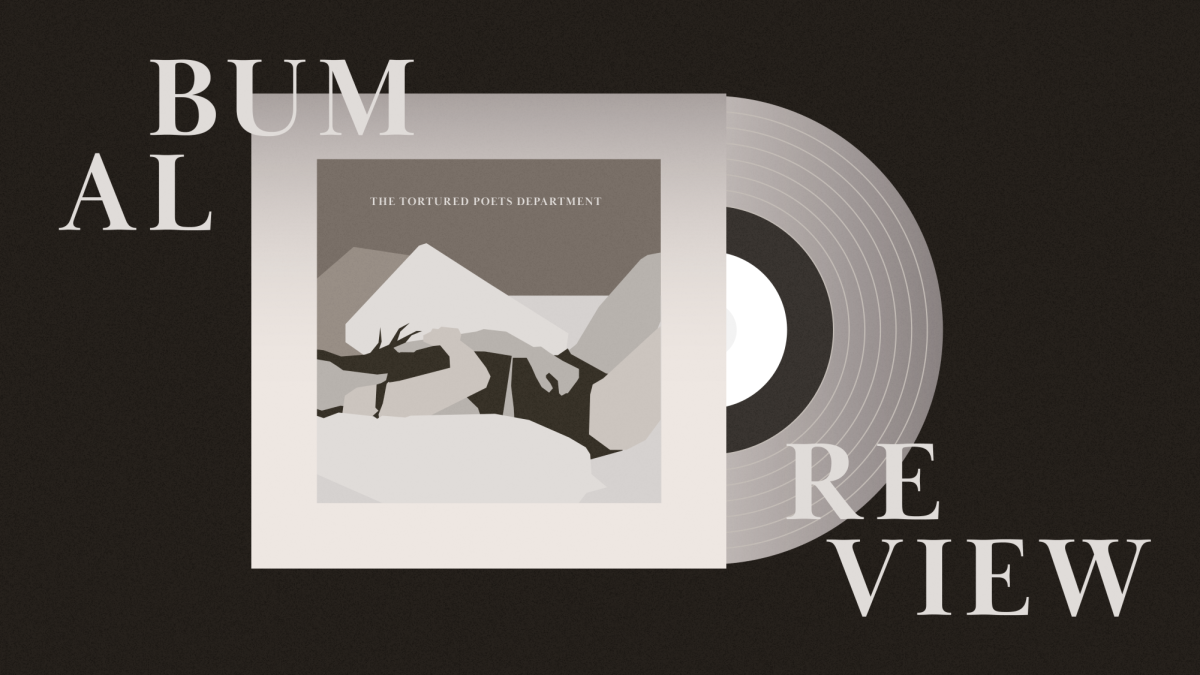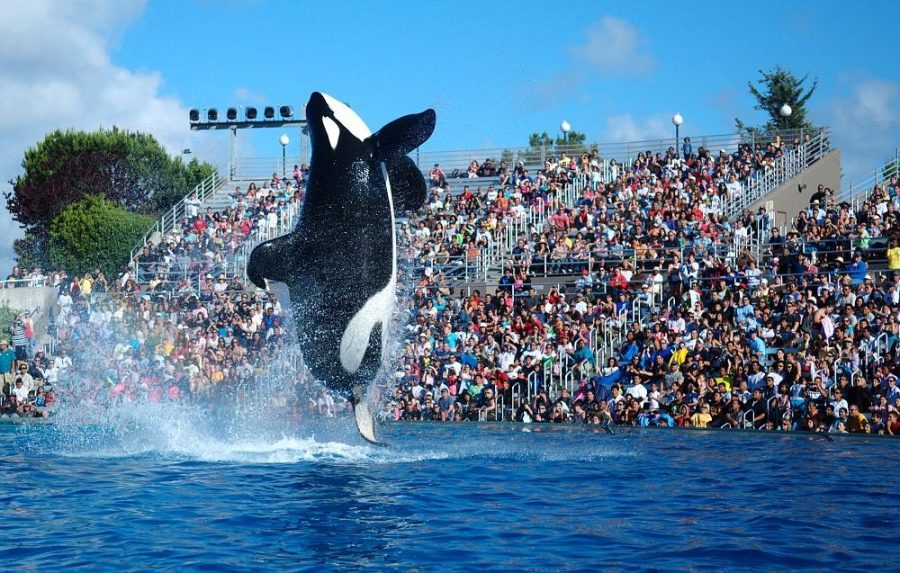In response to plummeting stocks over the past three years, and over $25.4 million lost, SeaWorld has finally responded to the public’s demands and announced that it will stop all captive breeding of orcas and will phase out its orca shows over the next three years.
Although SeaWorld’s decision to end this tacky theatrical display of unnatural mammal behavior and end breeding programs is commendable, the reasons for the change should still be cause for concern. After all, the other sea life currently housed at SeaWorld is still used for profit and human amusement. Although SeaWorld’s CEO Joel Manby said in the press release about the decision that the park will “focus on rescue operations” and will give customers a chance to see the animals in a “more natural environment,” it is quite obvious that the response is not coming out of ethical obligation, but is instead a marketing ploy to attract customers to a failing enterprise.
Criticism should fall on parks that use animals for propagation and profit, not preservation. Some zoos and parks such as SeaWorld do not focus on rehabilitation and conservation, but on maximizing profits. Although SeaWorld is rebranding itself under the guise that it has become more “conservation” minded, this should be taken with a grain of salt. This tactic is used to pacify potential customers and celebrities who have voiced their objections to the orca show and to holding the animals in captivity in general. Unfortunately, SeaWorld’s scheme seems to be working, because the company’s profits and stock shares have increased since the announcement.
The 2013 documentary “Blackfish” criticized the park’s practices and treatment of dolphins and whales while investigating the death of whale trainer Dawn Brancheau and details how gross SeaWorld’s practices are. In addition, the company was caught sending a staff member to infiltrate animal activist group People For the Ethical Treatment of Animals (PETA) in 2014, which the CEO has issued a public apology for. So don’t be fooled by their newfound epiphany for “conservation” when their financial need for a rebranding was very apparent. SeaWorld is still just another zoological operation operating under the banner of conservation efforts in order to make customers feel less guilty about seeing animals held hostage in unnatural environments.
On its website, PETA reminds us that animals in captivity are prevented from living natural lives. The zoo-like atmosphere of their holding tanks conditions people to think that it is acceptable to keep animals captive and subject them to unnatural stressors, unhealthy routines and a dependence on humans. If SeaWorld and zoos really wanted to protect animals from extinction and promote conservation goals, they would stop spending money on purchasing or trading animals and would instead donate their profits to rescue and rehabilitate animals and protect their natural habitats from being destroyed.

















